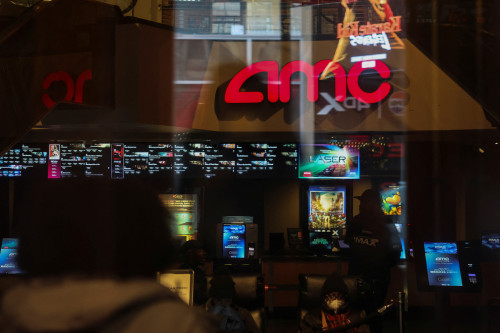 1
1 1
1

By Gram Slattery
RIO DE JANEIRO (Reuters) – Shareholders in Brazil’s Petrobras have voted José Mauro Coelho onto its board, paving the way for the government technocrat to take the helm of the state-run oil company.
The key issue at the Petrobras annual shareholder meeting, which began on Wednesday afternoon and concluded early on Thursday, was election of the 11-strong board. Under company statutes, the chief executive must be on the board.
Petrobras had previously stated that its board of directors would meet to formalise Coelho’s elevation to chief executive in the event of his successful board election.
Since the government tapped up Coelho, his ascent was widely expected. He also won supporters among other shareholders with statements supporting free-market policies, such as pegging domestic fuel prices to international crude prices rather than subsidising fuel for Brazilians.
The rest of the board was a more contentious issue.
The government, which holds a controlling stake in the company, held seven seats going into the meeting while market investors had three representatives and company workers had one.
Market shareholders successfully increased their representation to four at the meeting, a list provided by the company showed, including billionaire businessman Jose Joao Abdalla Filho.
As a result, the government is now down to six representatives.
Winning an extra seat will increase market shareholders’ say on the board, but analysts are split on the ultimate significance of the body’s composition, given that the government retains a majority by statute.
This is an election year and many Brazilians have demanded that Petrobras limit price increases for gasoline and diesel, which have soared recently.
President Jair Bolsonaro announced in March that he would replace Petrobras CEO Joaquim Silva e Luna.
The government later picked energy consultant Adriano Pires to succeed him, but Pires withdrew days later. The government announced on April 6 that Coelho was its new pick.
(Reporting by Gram Slattery; Additional reporting by Gabriel Araujo in Sao Paulo; Editing by David Gregorio, Kenneth Maxwell and David Goodman)